Eastern Washington University’s KEWU-FM 89.5 radio is set to end its 73-year run within the next few months.
In its early years the music station, established in 1950, broadcasted all sorts of student, staff and faculty selected music ranging from punk to classical before switching primarily to Jazz in 1985. According to a press release announcing the end of the station, JazzWeek Magazine named it the best small market station twice.
With coverage nearly as far north as the Canadian border and south into Moscow Idaho, the station has gained a following. Pete Porter, general manager of the station, said that he has received many emails from the community in response to the end of the station.
“I was really moved by the amount of inquiries. But the university needs to prioritize student needs,” he said.
It used to be that the broadcasting station was used as training for Electronic Media students, however this major is no longer offered on EWU’s campus. Porter said that as it is now, KEWU serves the community more than it does the students of EWU, since there are no longer strong connections between working the station and student’s coursework. Aiden Cook, KEWU radio program lead and DJ, felt this first hand.
“KEWU is a great thing in terms of the community of the Inland Northwest, but it doesn’t serve students at all and hasn’t for quite awhile,” Cook said. “…Especially coming back from COVID, it wasn’t really interacting with any of the art department. It was like it’s own separate entity in the film building.”
Cook has been working with his team on a grand finale to the station that will be broadcast on Dec. 16. It will consist of a number of older jazz vinyls, along with a recording of the Nov. 28 EWU jazz concert. This will mark the only time EWU student Jazz has made it onto the station.
The end of the KEWU-FM 89.5 station does not mean the end of the radio program, however. EWU administration along with the radio staff and faculty are currently looking into ways to use the station’s resources to support students academically.
“With how dynamically the media landscape is changing there will be new opportunities for the university to explore,” said EWU Provost Jonathan Anderson in the press release.
Cook shared some of the ideas for the program that he and his team have tossed around.
“The hope for the next iteration of what we might do is that it’s going to be more student driven, and probably closer to being fully online instead of a real radio station,” Cook said. “Maybe we can have more regular recorded airings of what Eastern’s music ensembles are playing, have them come in, learn [about the equipment]. Maybe we could also connect with the music tech department.”
Porter said that the program is open to any media production involving recording sound, and that any students who have an idea of what the station could be should contact him at [email protected] or in his office, the Radio TV Building 107.
“Does it turn into an internet station? Does it turn into a recording station? Or does it turn into something that I can’t even imagine]?” Porter said. “[The station has had] quite the history and it is sad to see it change. But now we are planning for the future, centering on student needs.”



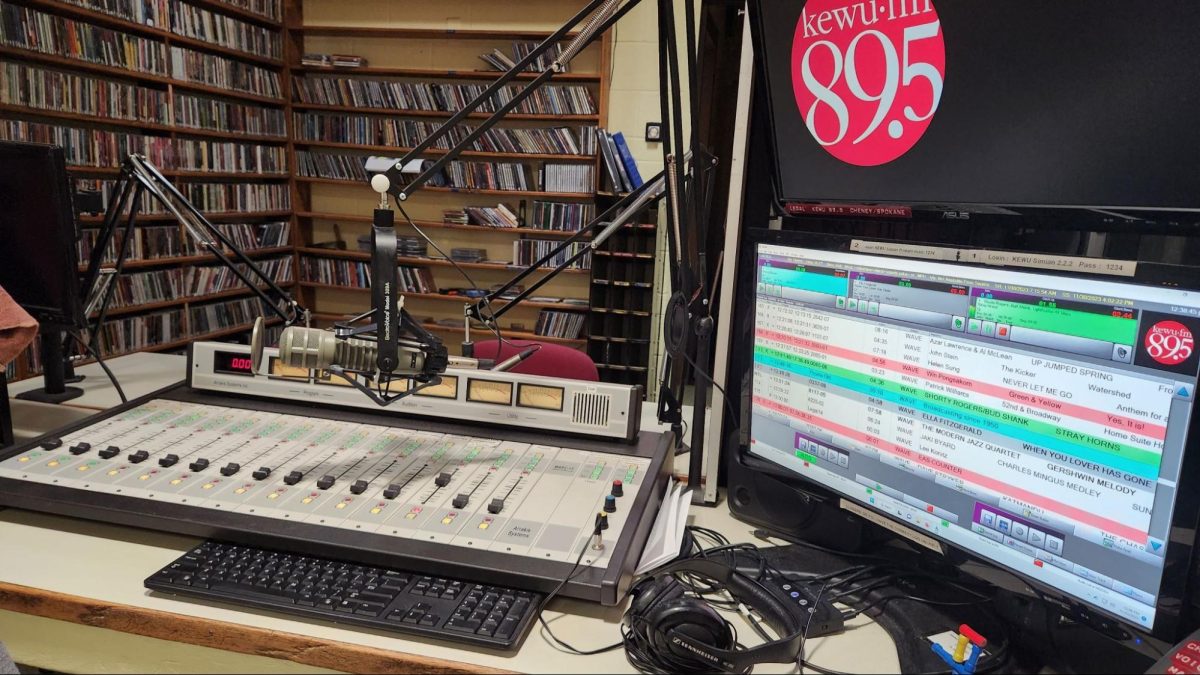
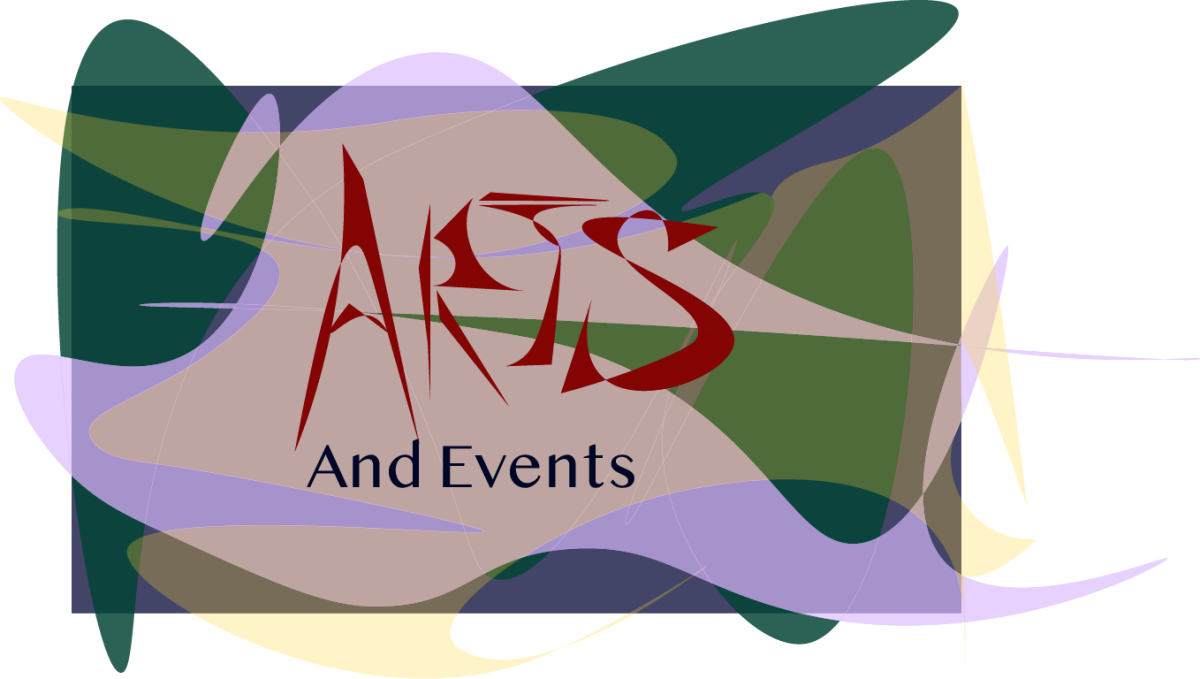
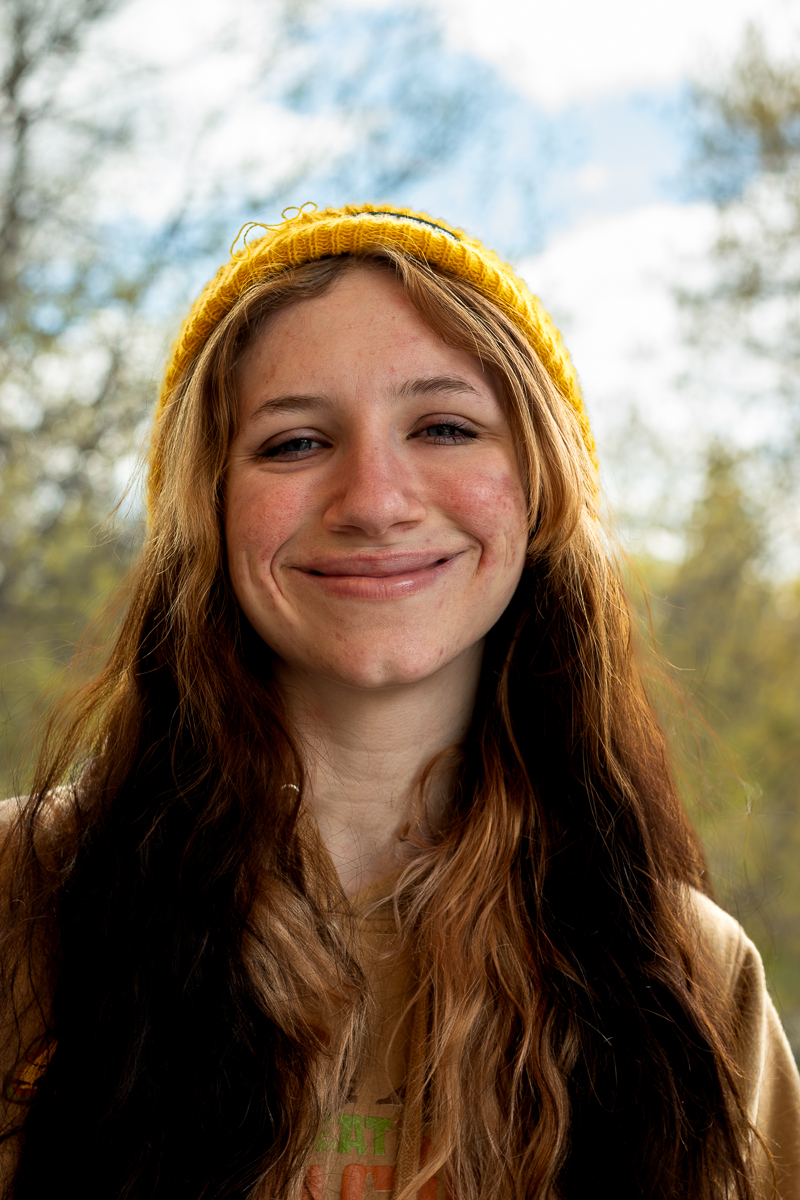



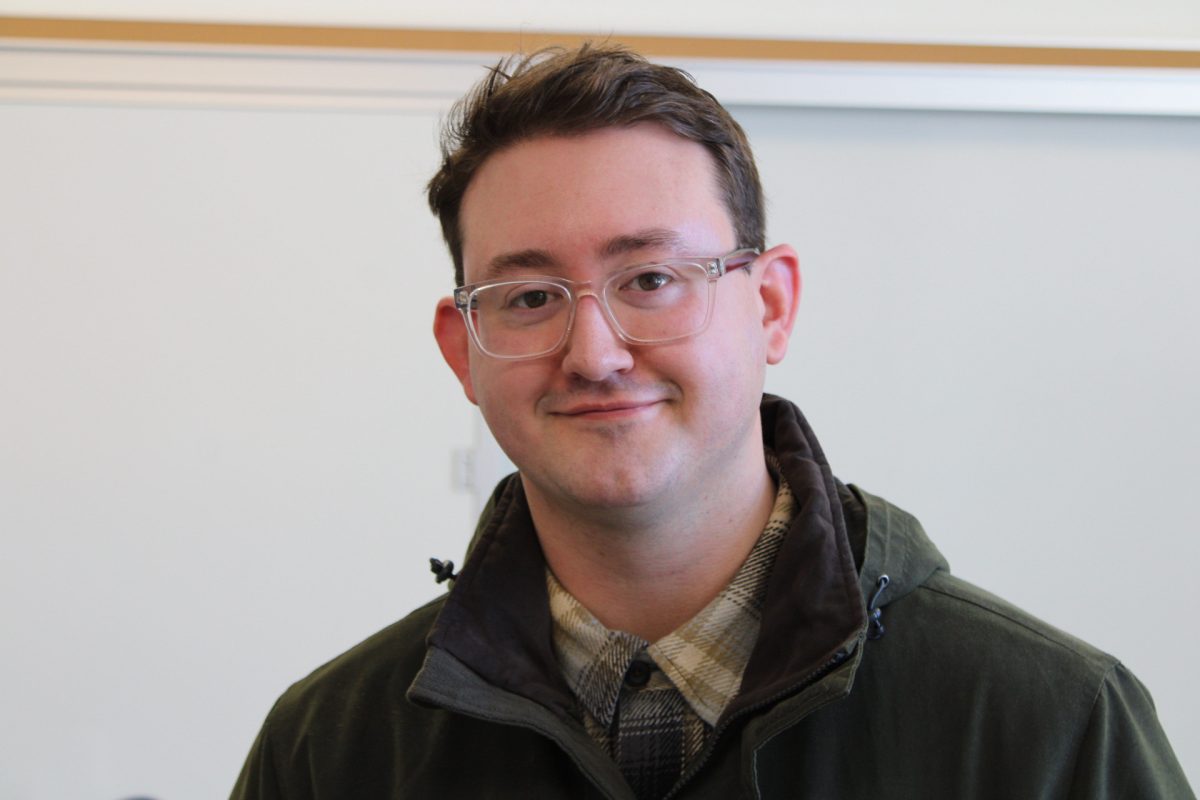


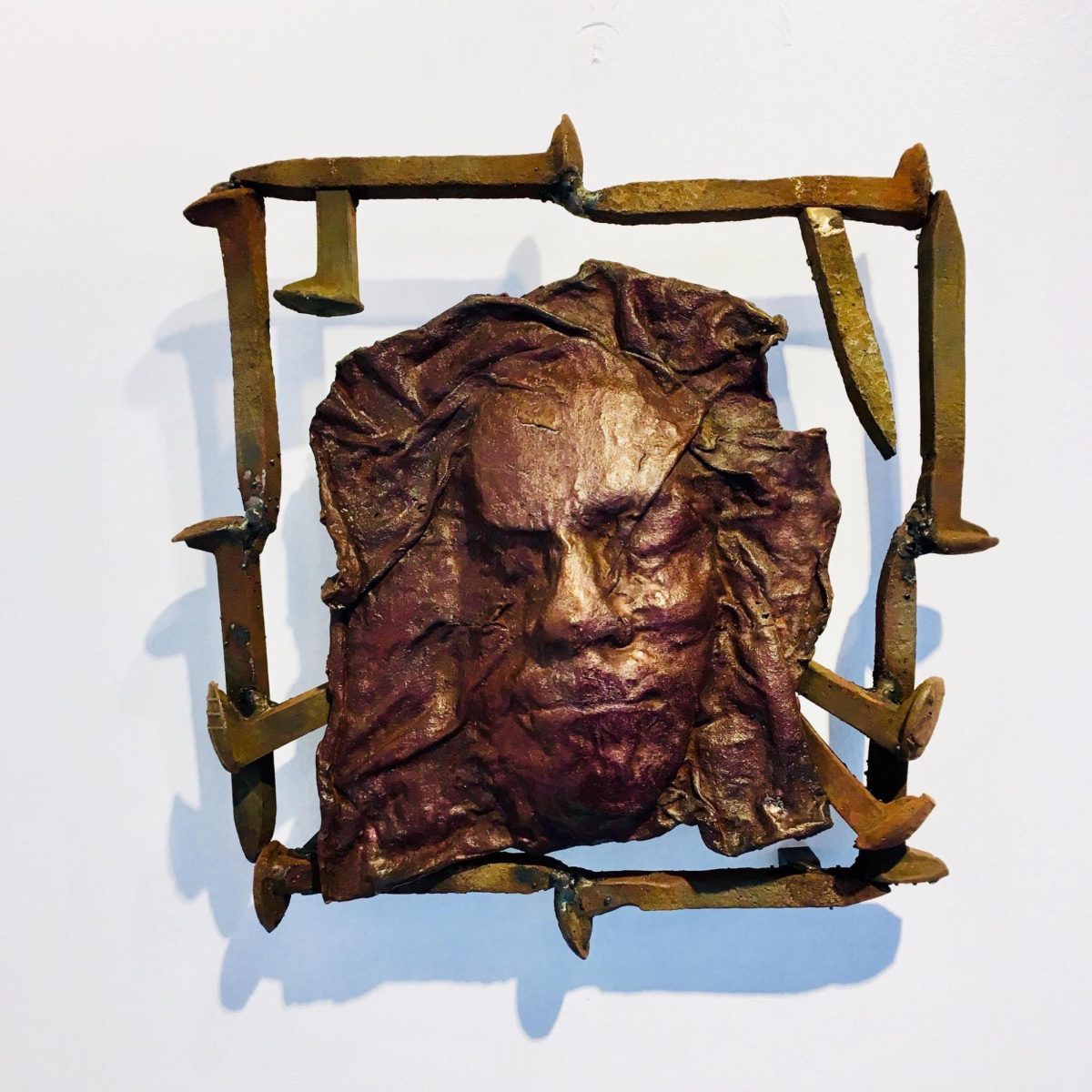
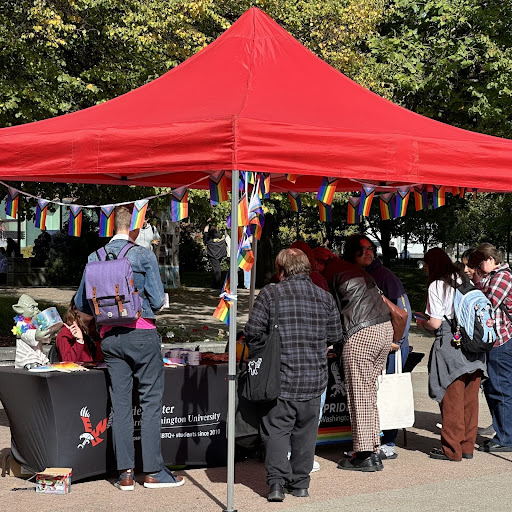
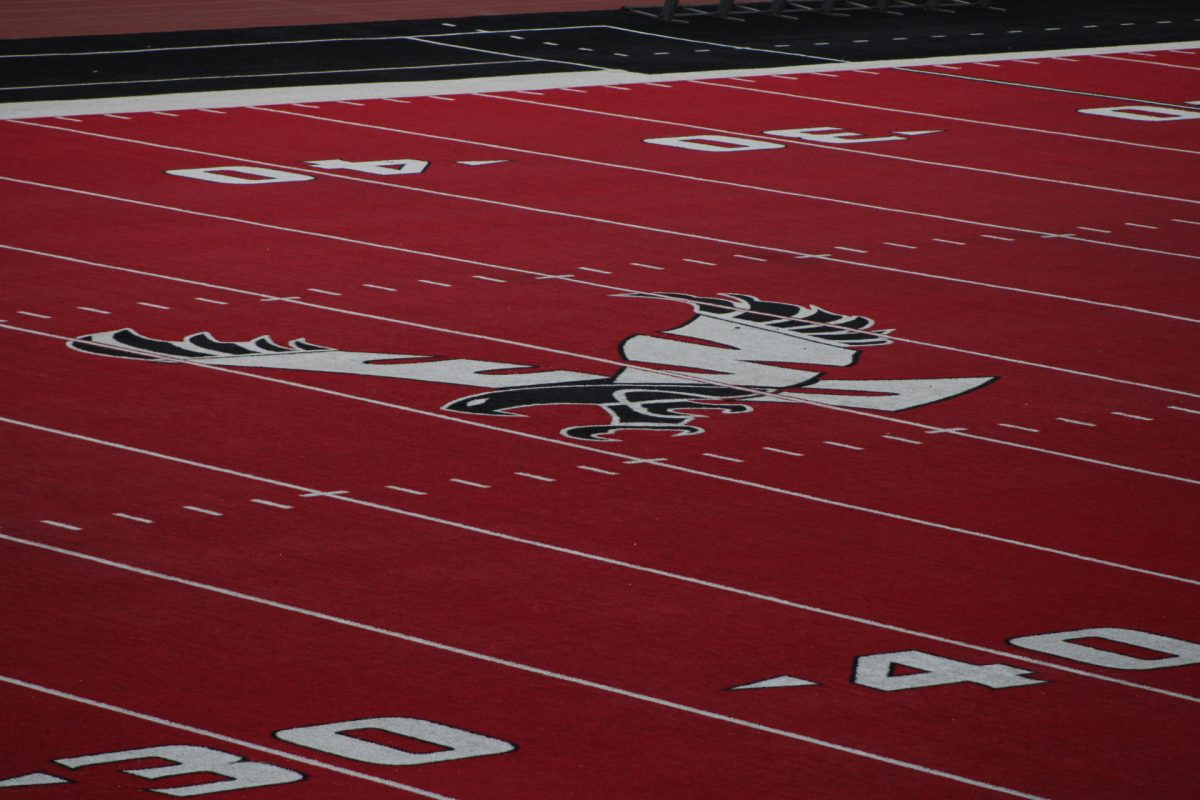

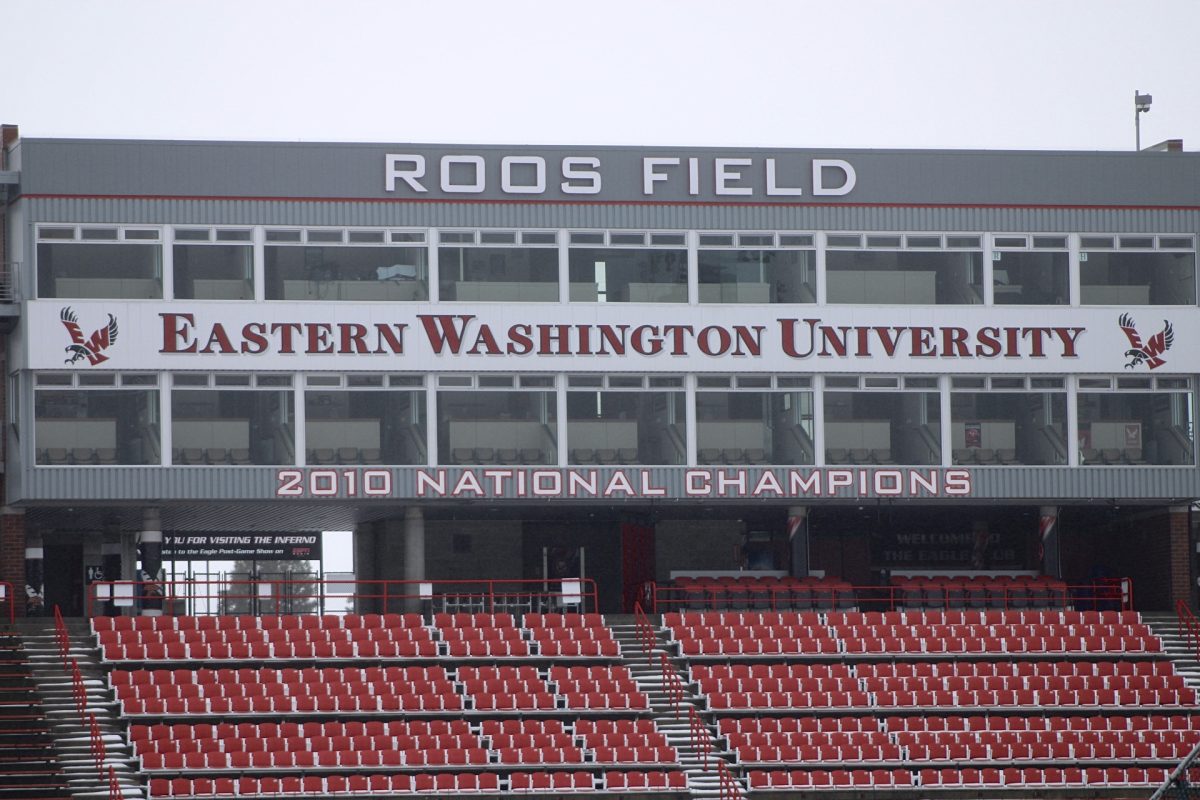

![Simmons said the biggest reasons for her success this year were “God, hard work, and trusting [her] coach and what she has planned.”](https://theeasterner.org/wp-content/uploads/2024/05/image1-1-1200x800.jpg)